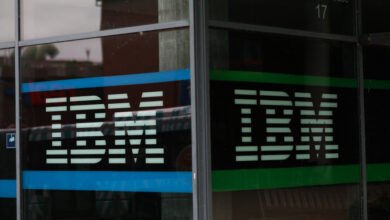MIT Rejects Study on AI’s Productivity Gains by Doctoral Student

▼ Summary
– MIT has called for the withdrawal of a high-profile AI research paper due to concerns about its integrity, though it hasn’t been formally published.
– The paper claimed AI tools in a materials science lab increased discoveries and patents but reduced researcher satisfaction.
– Initially praised by Nobel laureate Daron Acemoglu and economist David Autor, they later lost confidence in the paper’s data and validity.
– A computer scientist raised concerns in January, prompting an MIT review, but results remain undisclosed due to privacy laws; the author is no longer at MIT.
– MIT requested the paper’s withdrawal from The Quarterly Journal of Economics and arXiv, but the author, Aidan Toner-Rodgers, hasn’t submitted the withdrawal request.
MIT has withdrawn a controversial study on AI’s impact on productivity after raising serious concerns about its research integrity. The institution stated the paper should no longer be part of public discussion due to unresolved questions about its methodology and findings.
The research, originally authored by an economics doctoral candidate, examined how AI tools influenced innovation in an unnamed materials science laboratory. It suggested these tools accelerated discoveries and patent filings but negatively affected researcher morale. Initially, the work received praise from prominent MIT economists, including Nobel laureate Daron Acemoglu, who called its conclusions groundbreaking.
However, skepticism emerged when an external expert specializing in materials science flagged potential issues with the data. This prompted MIT to conduct an internal review, though privacy regulations prevent the university from disclosing specific findings. The author, identified in earlier reports as Aidan Toner-Rodgers, has since left MIT, and attempts to contact him for comment have been unsuccessful.
MIT has formally requested the withdrawal of the paper from both The Quarterly Journal of Economics, where it was under review, and the preprint server arXiv. While arXiv typically requires authors to initiate retractions, the university noted the researcher has not taken this step despite repeated appeals. The case highlights ongoing challenges in verifying AI-related research claims as the technology reshapes academic and industrial practices.
(Source: TechCrunch)





